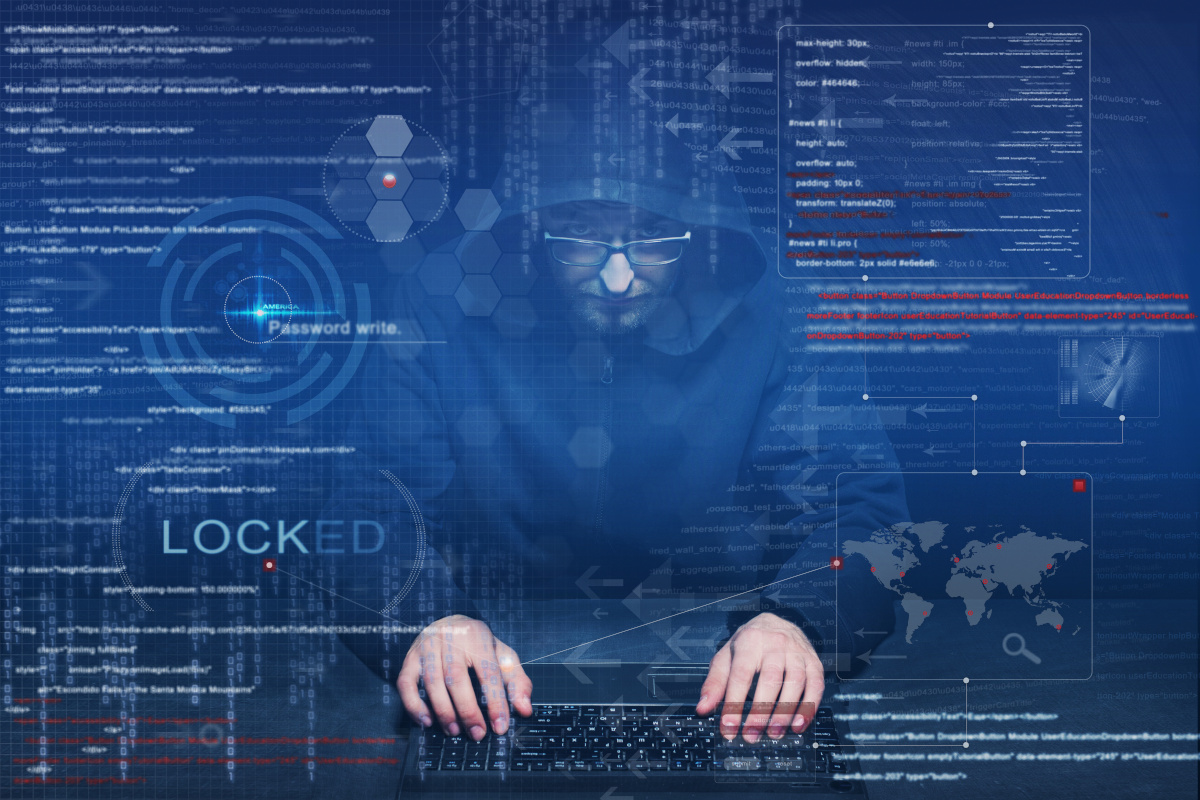What You Should Know About Remote Work and Cyber Security
November 8th, 2022 by admin

If you work remotely, it's important to be aware of the potential cyber security risks. Here are four things to keep in mind.
Use a VPN: When you connect to the internet, your traffic is routed through your ISP's servers. This means that your ISP can see everything you're doing online. A VPN encrypts your traffic and routes it through a remote server, so your ISP can't see what you're doing. This is especially important if you're using public Wi-Fi, as it makes it much more difficult for hackers to snoop on your traffic.
Keep Your Software Up to Date: One of the most important things you can do to improve your cyber security is to keep your software up to date. This includes your operating system, web browser, and any applications you have installed. Hackers are constantly trying to exploit vulnerabilities in outdated software, so it's important to stay ahead of the curve.
Use Strong Passwords: Another crucial element of cyber security is using strong passwords. This means using a combination of letters, numbers, and special characters that would be difficult for a hacker to guess. It's also important to use different passwords for different accounts so that if one account is compromised, the others will remain secure.
Be Careful What You Click on: One of the easiest ways for hackers to gain access to your system is through phishing emails. These are emails that appear to be from a trusted source but contain malicious links. If you click on one of these links, you could end up downloading malware or giving hackers access to your system. So, it's important to be careful what you click on, even if the email looks legitimate.
These are just a few of the things you should keep in mind when it comes to remote work and cyber security. By following these tips, you can help protect yourself and your company from potential threats.
How Can We Use Cyber Security In Remote Working?
There are many ways to use cyber security in remote working, but some of the most effective methods include:
-
Use a Virtual Private Network (VPN)
If you connect to the internet using a VPN, your traffic will be encrypted and routed through a secure tunnel. This makes it much more difficult for attackers to intercept your data or eavesdrop on your conversations.
-
Implement Two-Factor Authentication (2FA)
When you enable two-factor authentication (2FA), you add an extra layer of security to your account. In addition to your password, you'll also need to enter a code that's sent to your phone or generated by an app.
-
Be Wary of Public Wi-Fi
When you're working remotely, you might be tempted to use public Wi-Fi networks to save on data costs. However, these networks are often unsecured and vulnerable to attack. If possible, stick to using a VPN when you connect to public Wi-Fi.
-
Use Strong Passwords
One of the simplest but most effective cyber security measures is to use strong passwords. Avoid using easily guessed words or phrases, and make sure to mix up letters, numbers, and special characters.
-
Keep Your Software Up-to-Date
Attackers often exploit software vulnerabilities to gain access to systems and data. By keeping your software up-to-date, you can help close these security holes and make it more difficult for attackers to succeed.
-
Be Careful What You Click
Phishing attacks are a common way for attackers to trick people into revealing sensitive information or downloading malware. Be very careful about the emails and links you click, even if they appear to come from a trusted source.
-
Back-Up Your Data
If there is a situation where your system could be compromised, it's essential to have a backup of your data. This way, you can restore your files and get back to work quickly.
-
Educate Your Employees
One of the best ways to improve your cyber security is to educate your employees about best practices. Hold regular training sessions to remind them of the importance of cyber security and help them identify potential risks.
By following these tips, you can help keep your data safe and secure when working remotely. Cyber security is a critical consideration for any business, so make sure you have the proper safeguards in place.
When you're working remotely, you are at risk of cyber-attacks, and it is imperative that organizations train their employees to limit their risk. Cyber security plays a big role in remote work because it can be difficult to monitor employees when they are working remotely. However, there are always strategies that can be implemented to ensure remote work is safe and secure with no threat to cyber security. If you want to learn more about remote work and cyber security, contact us today.
Posted in: Solutions